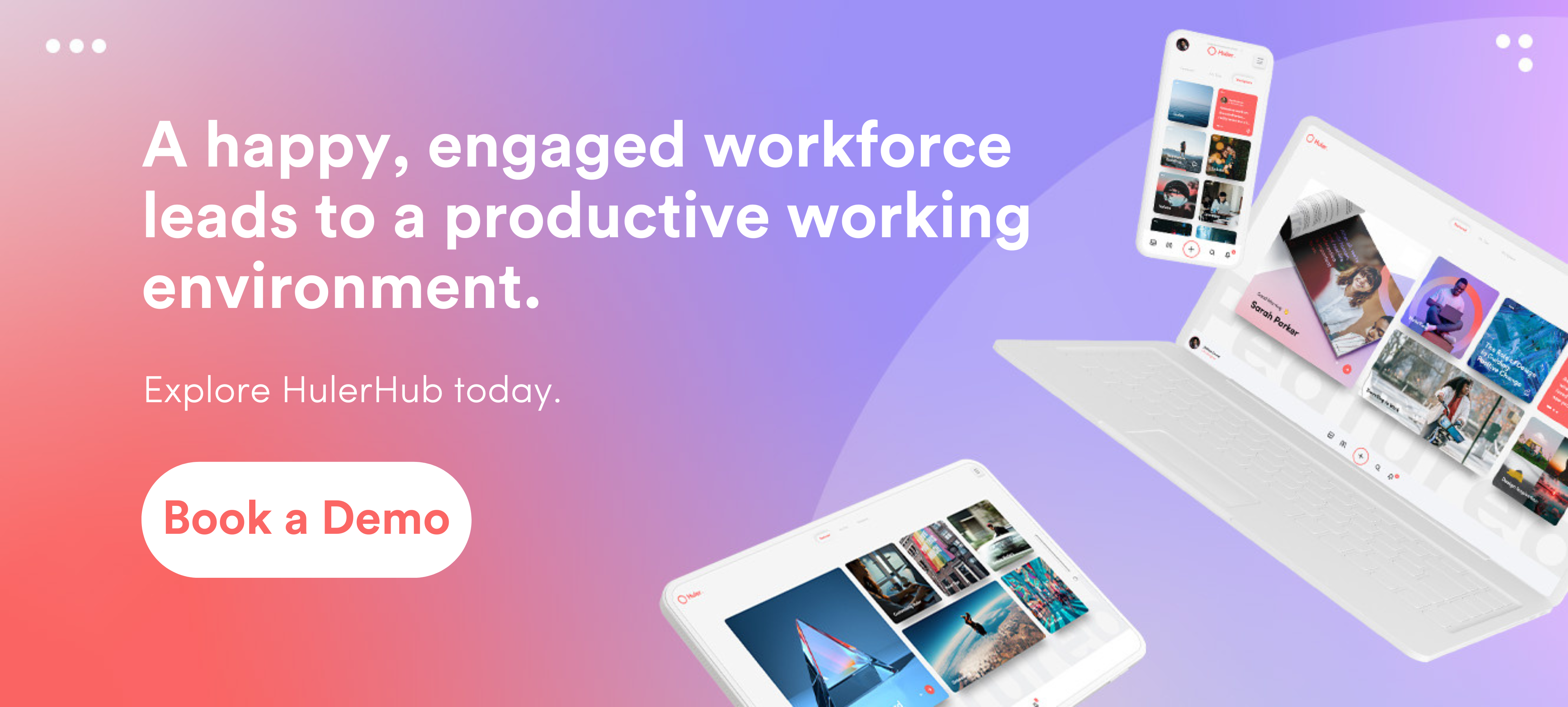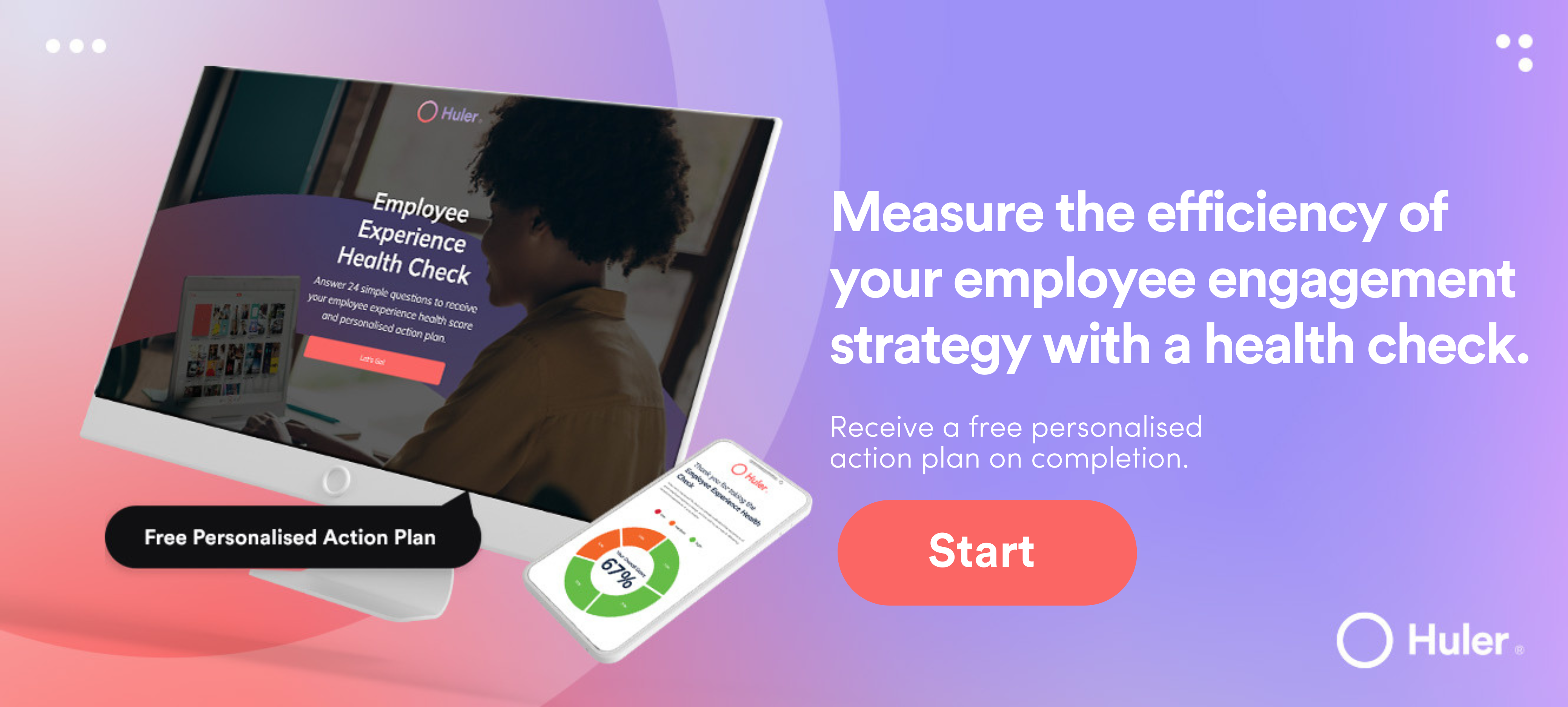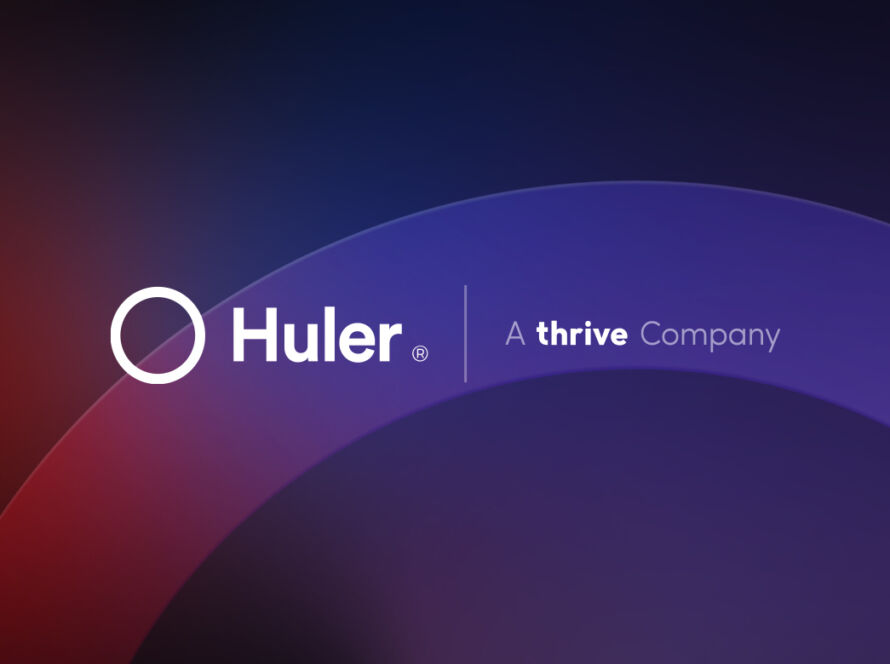Millennials in the workplace are a hot topic right now. These individuals, born between 1981 and 1996, are thought to be the most powerful generation for companies around the world at the moment, and in 2016 they became the largest generation in the US labour force, and it was predicted that they would represent 50% of the global workforce by 2020.
It’s no surprise then that employers are taking a pause to understand what’s important to millennials in the workplace in order to attract, engage and retain them. Especially considering the world-changing events of 2020 that saw a huge shift to remote and hybrid working practices. And that’s even before we factor how technology is changing the way we all work, live and communicate. Gen Z are, after all, known as the digital natives.
In 2021, Great Place To Work® and Fortune magazine announced their latest list of Best Workplaces for Millennials™. In trying to figure out what motivates and satisfies millennials in the workplace, it is probably a good idea to start with these organisations, 70% of whom saw record jumps in employee experience scores. So, in this article, we’re going to look at ways to attract, retain and keep millennials engaged in the workplace. Let’s go!
What Is Important To Millennials In The Workplace?
In order to formulate the list of Best Workplaces For Millennials, Great Place to Work® surveyed more than 5.3 million people on the extent to which they thought their organisation creates a Great Place to Work For All™. The majority of the evaluation (85%) was based on what millennials say about their experiences of trust and reaching their full human potential as part of their organization, no matter who they are or what they do. The remaining 15% of the rank was based on an assessment of millennials’ daily experiences of innovation, the company’s values, and the effectiveness of leaders.
Community Giving
According to the survey, community giving hit the top spot as the main driver of employee experience. This is, in part, due to the pandemic, where employees witnessed leaders giving back to struggling communities. Employees reported they felt 15.6 times better about their workplace when they saw community giving driven by leaders.
This is unsurprising. According to The Deloitte Global 2021 Millennial and Gen Z Survey, millennials are increasingly channelling their energies towards meaningful action, including aligning their career choices with their values. What’s more 44% of millennials also reported they made choices over the type of work they are prepared to do or organisations they’d work for based on personal ethics.
These statistics also tally with the rise of workplace giving programs in recent years. These programs typically enable employees to donate their money or time to charities as a benefit of employment. A recent study by The Association of Corporate Citizenship Professionals (ACCP) and Fidelity Investments found that 40% of companies surveyed cited employee retention and engagement as top reasons for using workplace giving programs, particularly for millennials and younger professionals.
Strong And Ethical Leadership
In the top 100 companies crowned as best for millennials, confidence in executive teams increased by 6%. Specifically, employees gave higher marks to their leaders for:
- Inviting two-way dialogue
- High ethical standards and actions matching their words
- Ability to lead and manage a team
Millennials are looking for very specific qualities and leadership styles from their employers that tie in with their desire to find purpose and fulfilment in both their life and work. According to Gallup’s How Millennials Want To Work and Live there are six functional changes (called the “Big Six”) that employers should implement to change their organisational cultures to the new will of millennials. At work, Millennials want
- Purpose, not just a salary.
- Development, as well as job satisfaction.
- Coaches, instead of bosses.
- Ongoing conversations, not annual reviews.
- To develop their strengths, not ‘fix’ their weaknesses.
- A job that fits into their sense of purpose and lifestyle.
It’s clear from the above that millennials want to work for great managers. They also want to trust an organisation’s overall management as a whole, and be aligned with how it presents and conducts itself publicly and privately.
Inclusive Benefits
Typical benefits in the workplace include paid holidays, commuter benefits, tuition reimbursement and free food and drink at the office. But it is clear that employees are increasingly more interested in ‘unique and special benefits’ such as:
- Child and senior care
- Flexibility around when and where work gets done (e.g. hybrid working)
- Expanded mental health support
- Benefits for employees who don’t have child caregiving responsibilities (e.g. Pawternity leave)
In The Future Of Benefits report developed by Care.com it is clear that key benefits offered by employers are expanding and shifting. Out of 500 human resource leaders and C-suite decision makers across the US, 98% of them plan to newly offer or expand at least one benefit, prioritising those workers deem most essential.
This shift in a desire for more personalised benefits stems, in no small part, from the pandemic. In 2020, COVID-19 forced a large majority of the workforce to move to remote work which prompted a revolutionary shift in what employees expect from their workplaces. One of the biggest shifts in employee benefits relates to health and wellbeing. According to a 2021 study by SHRM, employees reported that their employers had improved support for their health and wellbeing by:
- Providing more support for mental health through technology
- Allowing flexible working times (to help with child care or other commitments)
- Providing support for physical health through technology
- Supporting remote work regardless of location
- Making COVID-19 testing available
- Arranging social activities online with colleagues
Millennials specifically are seeing their physical and mental health decline at a faster rate than Gen X as they age, a statistic which has no doubt been exacerbated by the pandemic and subsequent lockdowns. They are also more aware of mental health issues, and are big drivers for change in the workplace.
Psychological Safety
Employees at the top 10 companies for millennials reported that they appreciated a “psychological and emotionally healthy work environment.” Which brings us to the notion of psychological safety, a concept that’s becoming yet another hot topic in the world of work and HR.
Psychological safety is when an individual believes they won’t be punished or humiliated for contributing their ideas, asking questions, voicing concerns or making mistakes. When a person in the workplace feels psychologically safe, they feel comfortable bringing their full selves to work and operating authentically – both of which are important for millennials.
To this end, leaders should make psychological safety an explicit priority by creating a space where everyone is empowered to speak up and contribute ideas whether they work from home or on-site.
Transparent Pay
While personal meaning is a top priority for millennials, they don’t want to compromise on their pay either. According to the Great Place To Work survey, the percentage of millennials who feel they are paid fairly and that their work has purpose beyond just a job are 7 to 10 points lower than boomers and Gen Xers. Millennials are also nearly 4x more likely to intend to leave their job than Boomers, and 11x more than Gen X, which could be devastating for employers who find themselves undervaluing their millennial workforce.
According to The Emerging Millennial Wealth Gap, the millennial generation is ‘on a much lower trajectory of wealth accumulation than their parents and grandparents.’ Analysis of household wealth data found that the typical Millennial today holds 41% less wealth than a similarly aged adult in 1989. This is, in spite of overall higher educational levels.
It’s no surprise, then, that millennials are looking for fair pay at work. What’s more, they are more vocal about gender gaps in the workplace. The Good Place To Work Survey shows that in gender equitable workplaces millennials praise transparent pay and access to ‘endless opportunities’.
It is clear from all of the above that millennials have very different attitudes to work than older generations. Rather than ‘living to work,’ they want work to fit around their lifestyle and feed into their sense of overall purpose and fulfilment.
For employers, this sends a very clear message that more should be done to enhance the employee experience with these wants, needs and motivators in mind for what is currently the large majority of their workforce. Failure to do so could lead to a further drop in millennial employee engagement, which is already lower than their older counterparts (55% of millennials are not engaged and 16% are actively disengaged) which has the potential to cost businesses, and the economy, billions in lost productivity.
Creating A Better Employee Experience For Millennials
Shaping an employee experience with millennials in mind is one of the best things businesses can do right now. Not least because a lot of the values held close by this generation are also important to Gen Z’s, too.
From all of the above, we can safely come to the conclusion that millennials want to feel a part of something bigger and work with purpose. They want to follow authentic leaders who are passionate about the same things as them, and they want to be able to achieve a better work-life balance while they do it.
Half of the battle of working towards this lies in making work as frictionless as possible. Millennials want flexibility in their roles and to reap the benefits of hybrid working. They also want to spend less time looking for the stuff they need and just get on with the job. They want to use intuitive, simple digital workplace platforms that put them in the driving seat of their own day. And they want to be able to hold two-way conversations with their managers in which they can ask questions, challenge assumptions and present their own ideas.
Millennials are a whole new generation, and they are far from content to wait around or sit and passively take orders from the powers that be. Businesses who understand this have the power to reshape their employee experience with millennials in mind, while remaining sympathetic to the rest of their multigenerational workforce.
HulerHub, our powerful digital workplace platform, can help your organisation communicate and engage with your workforce whatever they want or need. To find out more, request a demo and see it in action today.







